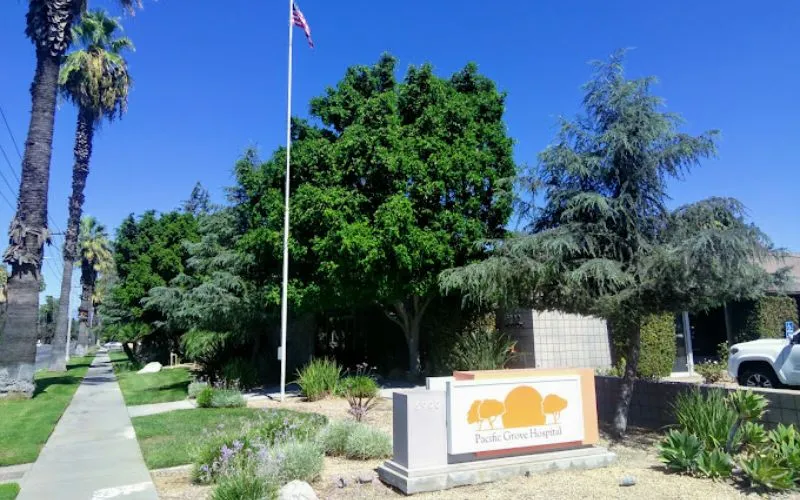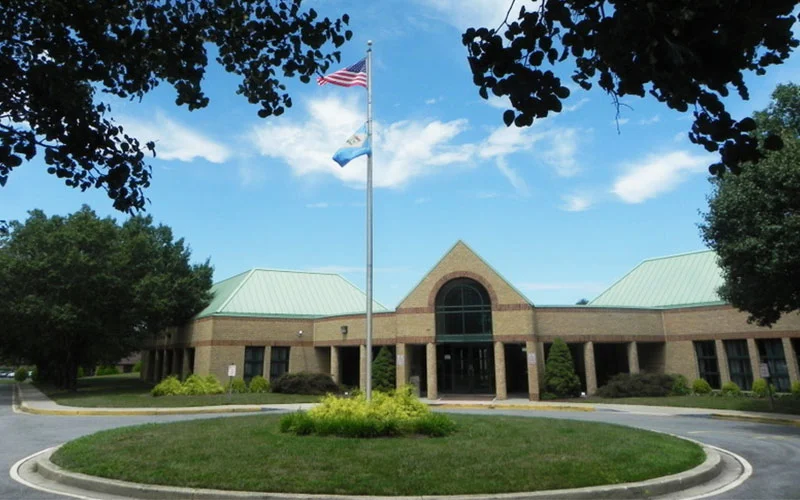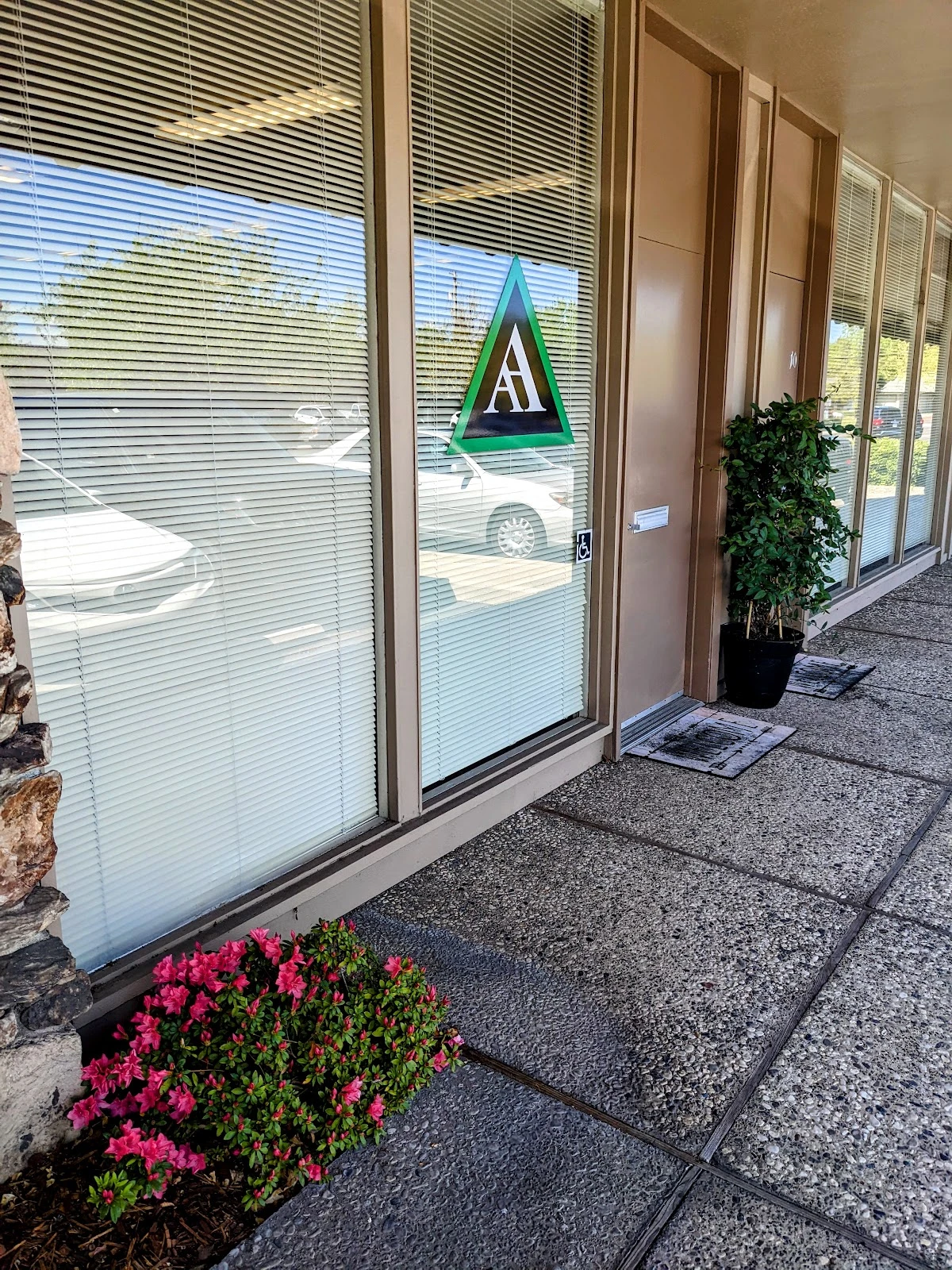San Jose Behavioral Health Hospital Information
Treatment
Who We Treat
- Teens / Adolescents
- Adolescents
- Male and Female
- Veterans
Treatment Focus
- Day Treatment
- Adolescents
- Personality Disorders
- Anxiety
- Depression
- Intensive Outpatient Program
- Virtual
- Veterans
Approaches
- Personalized Treatment
- Evidence-Based
- Family Therapy
- Trauma Informed
- Cognitive Behavioral Therapy (CBT)
- Dialectical Behavior Therapy (DBT)
- 1-on-1 Counseling
- Recreation Therapy
- Relaxation Therapy
Conditions We Treat
- Depression
- Anxiety
- Bipolar Disorder
- Post Traumatic Stress Disorder (PTSD)
- Personality Disorder
- Obsessive Compulsive Disorder (OCD)
- Psychosis/Schizophrenia
- Self-Harm
- Personality Disorders
- Schizophrenia
- Anger
- Bipolar
Languages
- English
Aftercare
- Discharge Planning
- Intensive Outpatient Program
- Continuing Care
Level of Care
- Day Treatment
- Aftercare/Continuing Care
Experience
On-Site Amenities
- Access to Nature
- Air-Conditioned Rooms
- Basketball Court
- Fitness Center
- Outdoor Space
- Recreation Room
Personal Amenities
- En Suite Bathroom
- Shared Bathroom
- Shared Rooms
On-Site Activities
- Games
- Volleyball
Accreditations
-
The Joint Commission
The Joint Commission accreditation for addiction and behavioral health signifies that a facility has met rigorous standards in patient care, treatment, and safety. This recognition assures patients and professionals of the facility's commitment to providing high-quality, evidence-based care in the fields of addiction and behavioral health, fostering trust and confidence in their services.

-
NAATP
Established in 1978, the National Association of Addiction Treatment Providers (NAATP) is a professional organization dedicated to advocating for and representing entities involved in addiction services. NAATP is committed to advancing the field of addiction services and ensuring that top-tier addiction treatment remains both accessible and widely available.

-
SAMHSA certification for opioid treatment program (OTP)
Accreditation by the Substance Abuse and Mental Health Services Administration (SAMHSA) for Opioid Treatment Programs (OTPs) signifies that a program has met strict standards for providing high-quality care to individuals with opioid use disorders. It assures patients, families, and communities that the OTP follows evidence-based practices, employs qualified staff and maintains a safe and effective treatment environment. This accreditation reflects the program's commitment to addressing the opioid epidemic and promoting recovery.
-
State department of health
Government agencies issue State Licenses, granting permission to rehabilitation organizations to conduct their business operations lawfully within specific geographic regions. Generally, the particular rehabilitation programs offered by a facility and its physical location dictate the necessary licenses needed for legal operation.

Additional Locations
San Jose Behavioral Health Hospital Accepts The Following Insurance Plans
Find the best treatment options. Call our free and confidential helpline today!


























